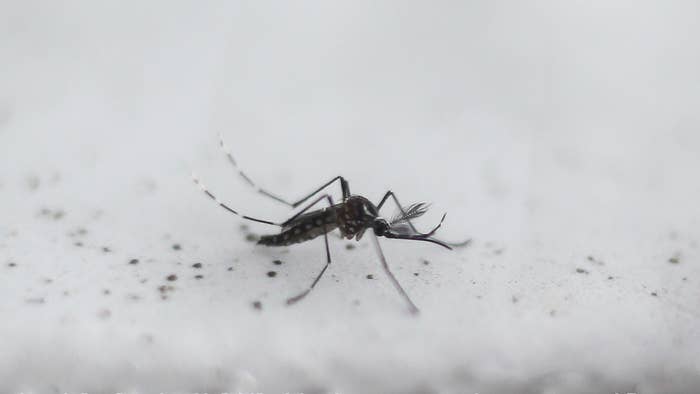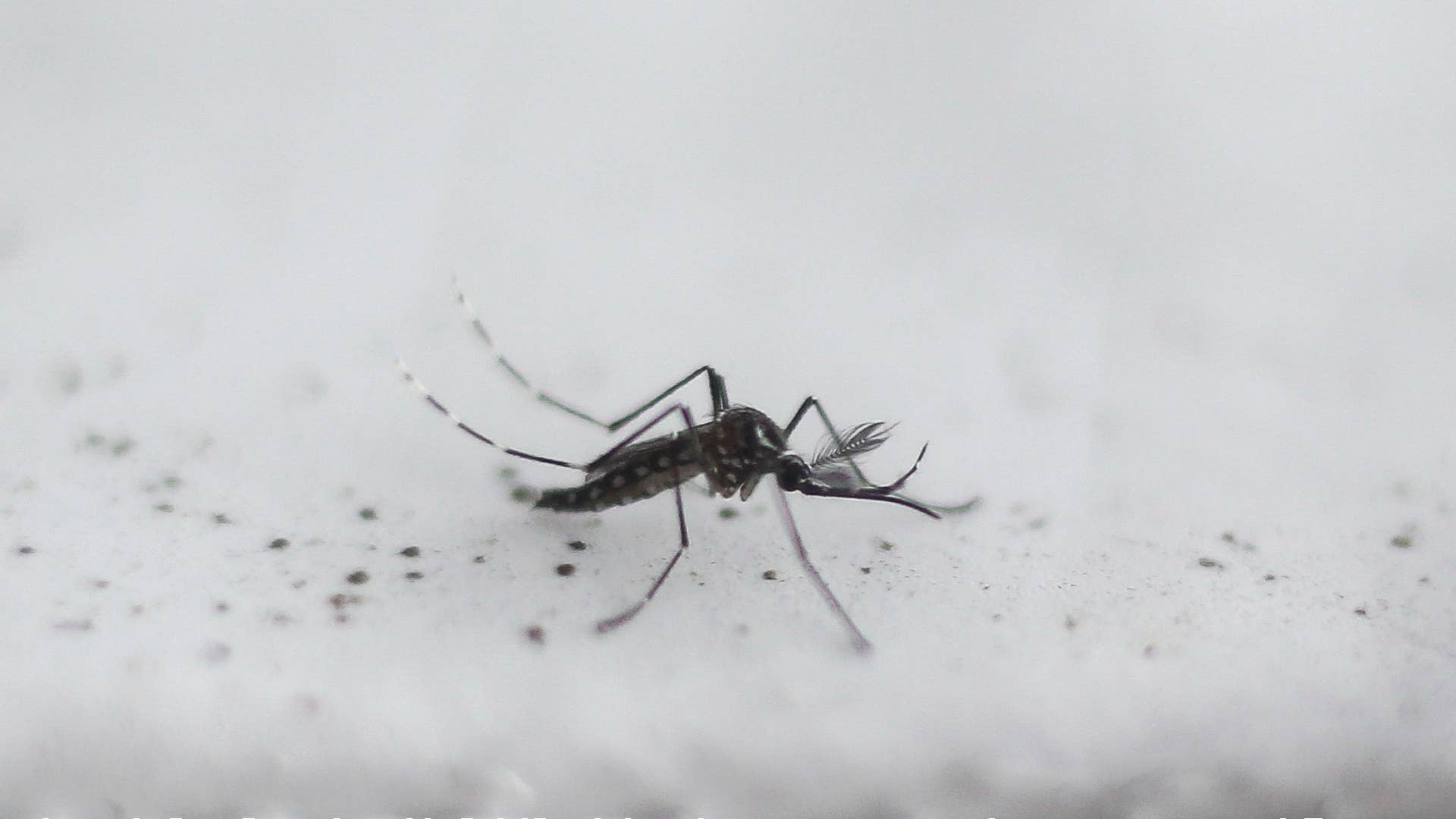
Bugs, of every possible variety, are disgusting. On that, most can passionately agree. Down in the Florida Keys, however, there appears to be frustration among some residents regarding the launch of a genetically modified mosquitoes program aimed at eradicating certain insect-caused diseases.
In recent days, the Florida Keys Mosquito Control District and Oxitec Ltd announced location participation plans for the pilot project, marking the start of an EPA-approved effort at evaluating what Oxitec has described as the “safe, sustainable, and environmentally-friendly solution” to controlling the Aedes aegypti mosquito species.
Non-biting male mosquitoes will emerge from the boxes and then mate with local biting female mosquitoes. The resulting female offspring won’t be able to survive, thus—as is the aim of the project—controlling the population of Aedes aegypti. And while that species makes up just four percent of the mosquito population in the Florida Keys region, it’s been determined to be responsible for “virtually all mosquito-borne diseases.” Among those transmitted by this species are dengue, Zika, and yellow fever.
“An important part of FKMCD’s mission is to protect residents in the Florida Keys from the disease-transmitting mosquito, Aedes aegypti,” Andrea Leal, Executive Director Florida Keys Mosquito Control District, said in a press release earlier this month. “As we are seeing development of resistance to some of our current control methods, we are in need of new tools to combat this mosquito. And given the unique ecosystem we live in, those tools need to be safe, environmentally friendly, and targeted. That is why we are collaborating with Oxitec on this project. With full approval from the US EPA and the Florida Department of Agriculture and Consumer Services, and with support from the US Centers for Disease Control and an independent advisory board, we are pleased to announce that this project will soon be underway.”
From release locations in six areas—two on Cudjoe Key, one on Ramrod Key, and three on Vaca Key—less than 12,000 mosquitoes will emerge on a weekly basis for approximately 12 weeks.
A recent piece from Dan Robitzski for Futurism included criticism from some residents, including Virginia Donaldson of Islamorada, who said she unknowingly signed off on participating in the project after being approached by two men in uniform at her home. The men, Donaldson said, told her they worked for “mosquito control” and asked her to be a part of a new pest control project.
The piece also included comments from a town council meeting in March. Meagan Hull, another Islamorada resident, is quoted as saying she believes the project is “criminal” and that residents are “being bulled into” it.
“I find it criminal that we are being subjected to this terrorism by our own Florida Keys Mosquito Control Board,” Hull said, per the report. Another resident expressed frustration about their questions on the project having simply spawned additional questions, noting they were initially on board with the idea.
Reached for comment by Complex, Oxitec said a press conference was slated for Thursday and stated that a majority of individuals and businesses supported the project. Oxitec also pointed to the results of a similar project in Brazil, which they said showed that Oxitec’s mosquito delivered up to 96-percent suppression of the wild Aedes aegypti populations when compared to a control site.
Earlier this month, per Axios, it was announced that Oxitec had raised $6.8 million in venture capital via the Wellcome Trust.

